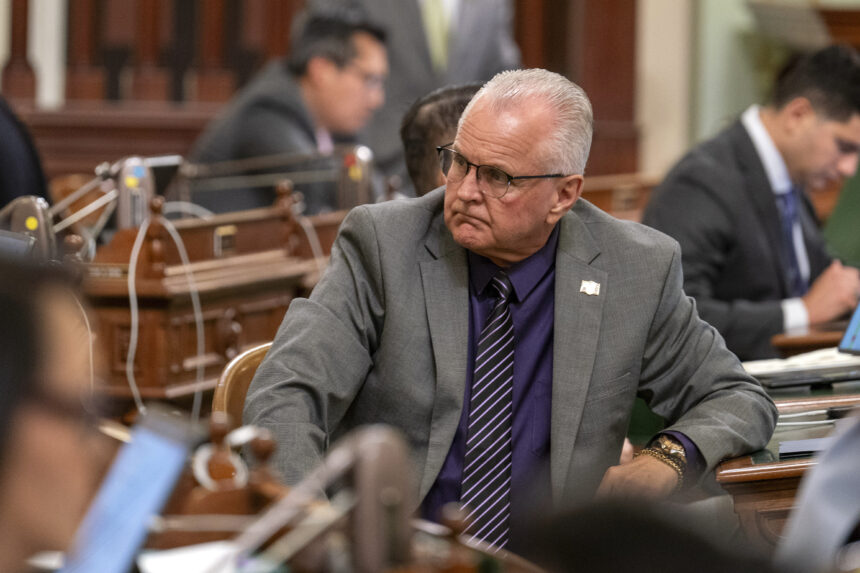Democratic governors across the country are bracing for potential budget crises as a result of the GOP megabill that is being fast-tracked in Washington. The bill, championed by President Donald Trump, has raised concerns among policymakers in both blue and red states about the financial impact it could have on their states.
States like Connecticut, California, and New York are already considering emergency measures to mitigate the effects of the bill, which could result in hundreds of millions of dollars in additional costs for states. Even traditionally Republican states like Florida are taking steps to address the potential fallout from the bill.
The GOP megabill, which has already passed the House and is awaiting Senate action, includes cuts to programs like the Supplemental Nutrition Assistance Program and Medicaid. These cuts could have far-reaching consequences for states, forcing them to shoulder more of the financial burden for these programs.
Democratic governors are considering calling lawmakers back for special sessions to address the budget challenges posed by the bill. New Mexico Treasurer Laura Montoya has already indicated that a special session will likely be necessary to deal with the fallout from the federal cuts.
The uncertainty surrounding the final version of the bill has left state officials scrambling to prepare for the potential fiscal challenges ahead. With most states beginning their fiscal year on July 1, the impact of the bill could be felt immediately, prompting states to consider unpopular options like cutting benefits or raising taxes to fill the gap left by federal cuts.
Some Republicans have also expressed concerns about the bill, with Alabama Commissioner of Agriculture and Industries Rick Pate warning that his state would struggle to fund the proposed changes to programs like SNAP.
In response to the potential budget crisis, states are considering a range of measures, from declaring fiscal emergencies to raising taxes on the wealthy to cover the costs of federal cuts. Legislators across the country are preparing for the possibility of special sessions to address the financial challenges posed by the GOP megabill.
Overall, the impact of the bill is expected to be felt across the board, with states of all political affiliations facing tough decisions in the coming months. As lawmakers navigate the complex financial landscape created by the bill, they will need to make difficult choices to protect their residents and ensure the stability of their state budgets.








